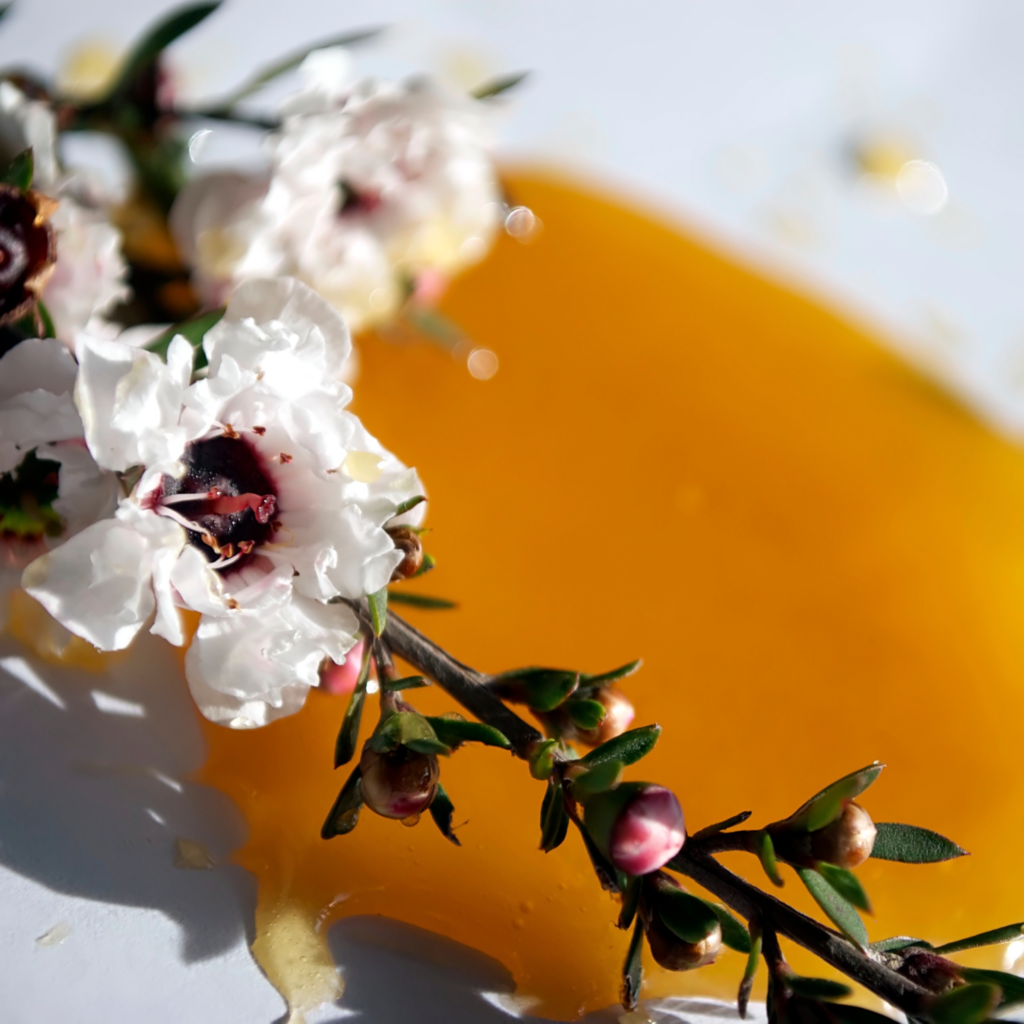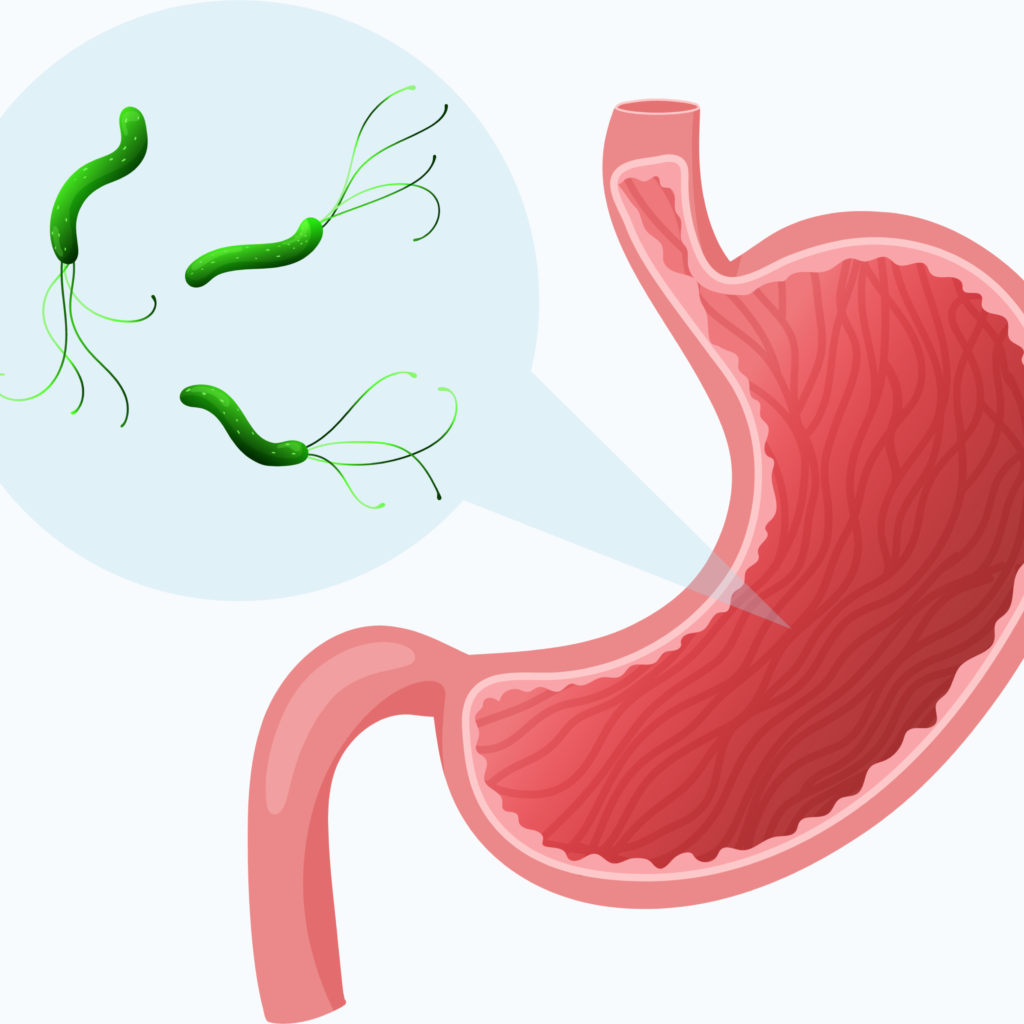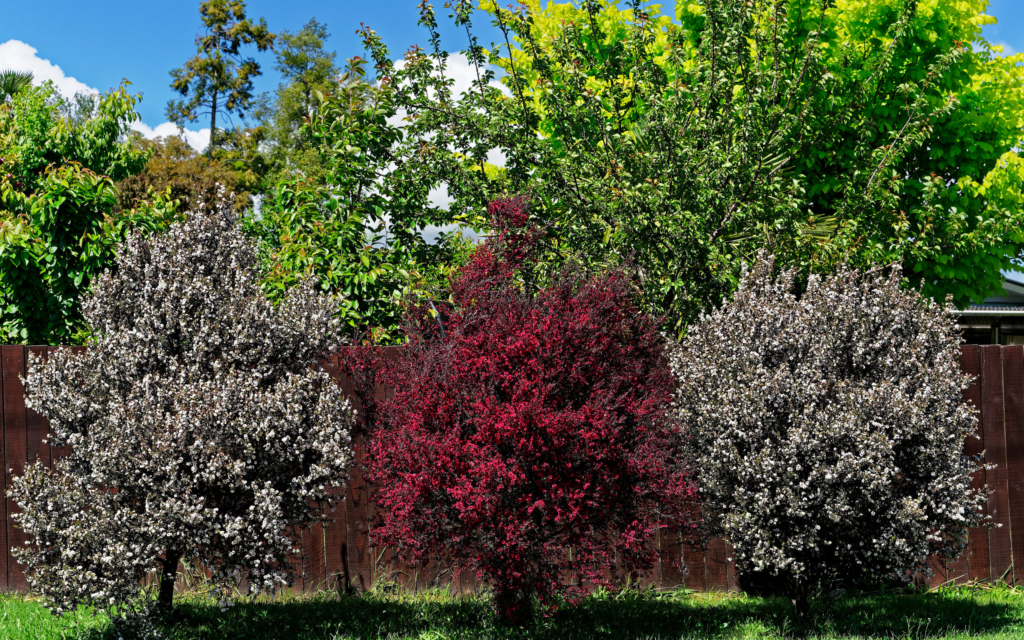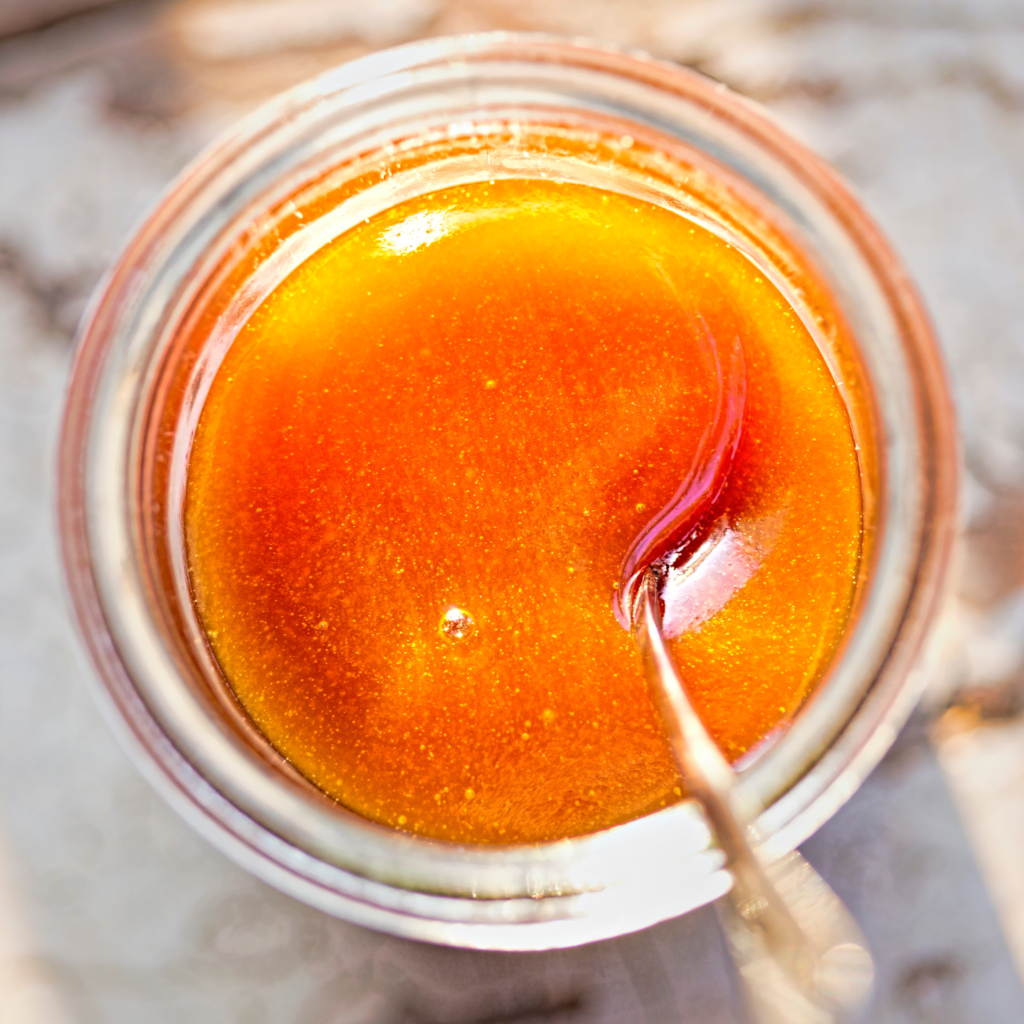Manuka Honey has always held a special place in my medicine cabinet. However, my recent visit to the breathtaking country of New Zealand has deepened my appreciation for its role as a natural food remedy and the abundance of health benefits it offers. I am excited to share my newfound knowledge with you.

This unique honey variety is native to New Zealand and some parts of Australia, and it has been valued for centuries due to its exceptional healing properties.
Honey in general, has been recognised for its medicinal properties since ancient times. It has antimicrobial and wound-healing properties, making it a valuable natural remedy. The healing power of honey stems from its ability to fight bacteria, maintain a moist wound environment, and create a protective barrier against infection. Some types of honey, like Manuka honey, have additional antibacterial effects aside from hydrogen peroxide (a common antibacterial agent in honey).
What is Manuka Honey?
Manuka honey is derived from the nectar of the Manuka tree (Leptospermum scoparium) found primarily in New Zealand and some parts of Australia. Unlike regular honey, Manuka honey possesses a distinctive and robust flavour profile. Its deep amber colour, velvety texture, and rich aroma make it a truly unique natural treasure.
Commonly known uses include burns, wounds, infection, oral care, ulcers, gut health, cold & flu, sore throat, cough, immunity building, general wellbeing, and skincare.

The Healing Power of Manuka Honey
Antibacterial and Antimicrobial Properties
Manuka honey has potent antibacterial and antimicrobial qualities, attributed to a compound called methylglyoxal (MGO). This natural component provides a robust shield against harmful bacteria, making Manuka honey an effective remedy for wounds and respiratory infections like the common cold and flu. Medical-grade honey, like Manuka honey, has also shown strong bactericidal activity against antibiotic-resistant bacteria.

With a cold & flu season already upon us, for general prevention during cold & flu season, an MGO strength of 30+ to 290+ once daily can be helpful.
A higher dose of Manuka honey (MGO strength 330+ to 990+) is suggested at the peak of the cold or infection for additional antimicrobial support. The recommendation is to ingest one to two teaspoons twice daily, reducing to one teaspoon per day as symptoms improve.
For a sore throat – dissolve a spoonful of Manuka honey in a glass of warm water. Add a squeeze of lemon juice, stir, let cool, and gargle. Repeat 1-2 times a day.
Wound Healing and Skin Health
Manuka honey’s ability to promote wound healing is exceptional. Its antimicrobial action prevents infection, while its high sugar content creates a moist environment conducive to tissue regeneration. Research has shown that Manuka honey can accelerate wound healing and reduce inflammation associated with various skin conditions and skin injuries.
On a more personal note, my lovely mother-in-law had a memorable experience using honey (although not specifically Manuka honey) to treat a severe burn on her son’s arm. After he accidentally spilled boiling milk on himself, she applied honey as a cover on the burn. The result was astonishing as the scar is completely unnoticeable.
Digestive Health
I have always thought of Manuka honey for prevention and support for respiratory infections, but recently I’ve learned about its beneficial use in gut health also. The antibacterial properties of Manuka honey extend to the digestive system, where it can help fight harmful bacteria like Helicobacter pylori, a common cause of gastric ulcers.
From my clinical experience, the treatment for H. pylori infection usually requires a more assertive approach, often involving the use of specific herbal antimicrobials. However, I believe that Manuka honey can be a valuable preventive or maintenance approach after the H. pylori infection has been resolved.
Manuka honey also has the ability to soothe and balance the digestive tract, reducing inflammation, and promoting overall gut health.

Immune System Booster
Manuka honey is a natural immune system booster. Its rich antioxidant content helps strengthen the body’s defences against free radicals, promoting overall well-being and resilience. Regular consumption of Manuka honey may help ward off common illnesses and protect against oxidative stress.
Choosing the Right Manuka Honey Strength
The antimicrobial activity of natural honey can vary due to differences in the nectar sources. Identifying the amount of active components in honey can guide the quality and potential therapeutic benefits for various health conditions.
When selecting Manuka honey, look for products that display a Unique Manuka Factor (UMF) rating, which certifies its purity and potency. The UMF rating system ensures that the honey contains the necessary levels of MGO and other beneficial compounds. Opt for a higher UMF rating for maximum health benefits. Note, ULF is the Australian equivalent of the New Zealand UMF rating system.
The higher the MGO number of the Manuka honey, the stronger its antimicrobial bioactivity levels and the more potent the natural medicinal benefits.

An interesting fact I learned recently during my visit to New Zealand is that collecting nectar from Manuka plants can be challenging for bees. As a result, bees often prefer to gather nectar from other flowers in the vicinity. However, the Manuka plant itself is remarkably resilient and can thrive in various harsh environments, including wetlands, geothermal areas, exposed ridges, coastlines, and sub-alpine forests. In order to obtain the highest grade of antimicrobial activity, beekeepers sometimes transport beehives to remote areas, where the bees have no alternative but to exclusively gather nectar from Manuka tree flowers. This process helps explain the price differences between Manuka honey and other honey available in the market.

With winter approaching quickly, I would recommend stocking up on a medicinal grade Manuka honey (UMF 15+) and having it handy in the medicinal cabinet. You can have the honey as is or make warm honey tea with lemon, ginger or immune-boosting herbs and spices. Just make sure you avoid overheating it, as high temperatures can destroy essential enzymes, particularly MGO the active ingredient.
Allergy advice: Honey should not be consumed by children under the age of 1 and people with allergies to honey and bee products.
Manuka honey is truly an amazing natural gift with so many health benefits. It has incredible powers to fight bacteria, heal wounds, and boost your immune system. Whether you apply it to your skin or eat it, Manuka honey can work wonders for your well-being. It’s like having a secret weapon in your natural health arsenal. So go ahead, embrace the magic of Manuka honey and enjoy the holistic benefits it brings to your life.

If you are, however, dealing with persistent infections or have specific health concerns, it is important to consult a qualified healthcare practitioner for personalised guidance and treatment.
I am available for consultations to provide individualised support and guidance. Together, we can explore your unique health needs and develop a holistic approach to address any underlying issues. Feel free to reach out to schedule a consultation and let’s work towards your optimal well-being. Remember, your health is important, and seeking professional advice is essential for comprehensive care.